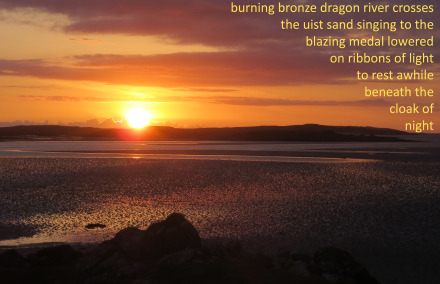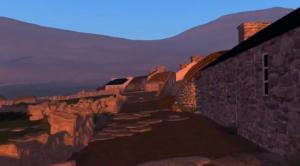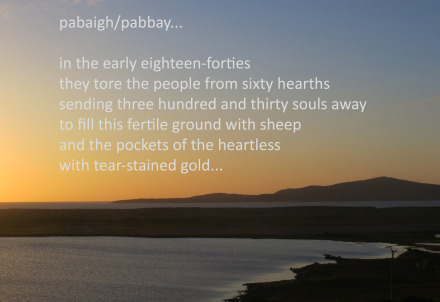Food for thought…
I pay my bills by ghostwriting Internet articles. This morning while my youngest son prepared for school I was doing some preliminary research for my first article of the day. It concerned the microcredit revolution begun in Bangladesh by Muhammad Yunus and Grameen Bank, and how microcredit is now being implemented in America to help low-income entrepreneurs start or continue their businesses.
I read a few articles, and then I took a break to walk my son partway to school. I don’t really have to do it; the school is close and he is well able to go the distance alone, but we enjoy the walk together in the morning. It was beautiful outside. The air still held a hint of coolness but the sun was warming things up. Birds were singing and the colors of the early summer grass, trees, and flowers were sharp and clear. My son turned…
View original post 750 more words



